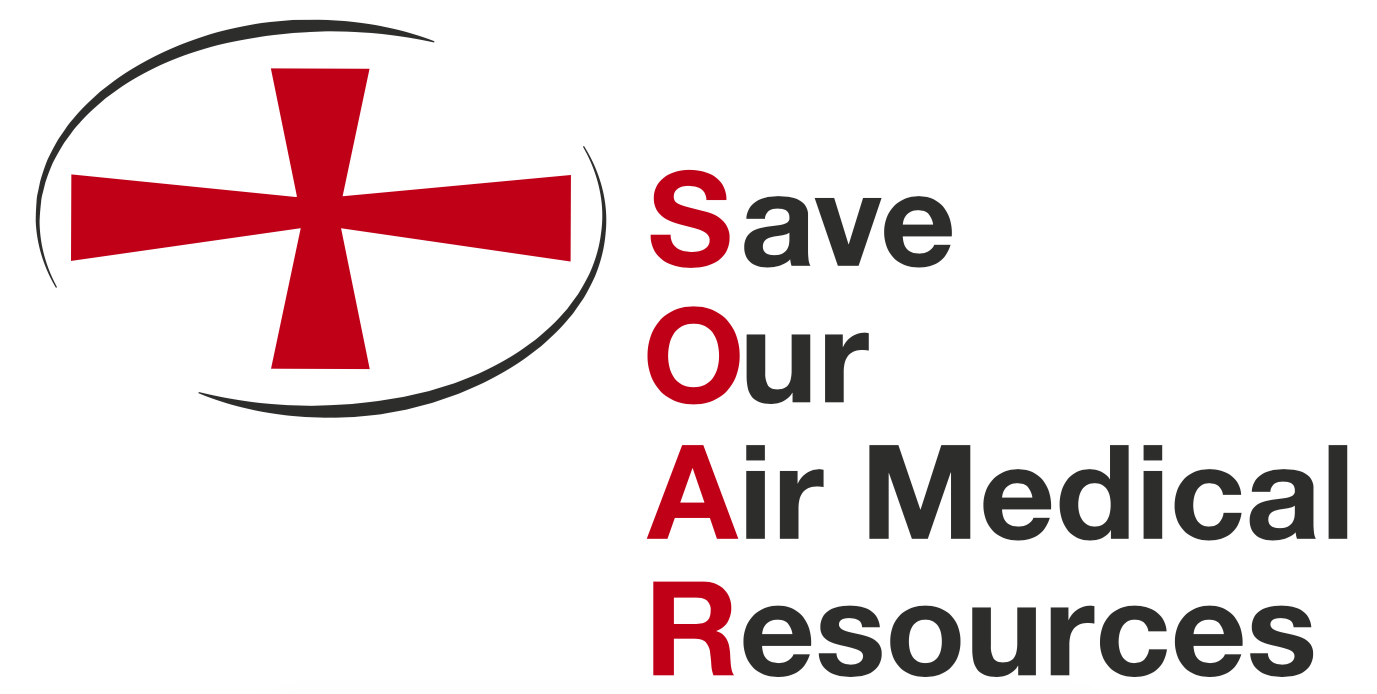By Carter Johnson, spokesperson for Save Our Air Medical Resources (SOAR)
A recent story by reporter Tim Johnson highlighted the increasing importance of air ambulances in Grand Island, Nebraska, a town which relied heavily on emergency air medical transports last month as cases of coronavirus exploded in this rural hotspot.
The case of Grand Island reveals a problem in rural America that has been growing over the past decade and has been magnified by the inland spread of COVID-19: our rural health care system is stretched thin, making it harder for patients to access the care they need. Luckily, as shown in Grand Island, the air medical industry is there to fill the gap.
Some 120 rural hospitals have closed since 2010 and several more are considered high risk and on a path towards closure. In fact, a recent study placed upward of 25 percent of Nebraska’s rural facilities in the ‘vulnerable category,’ meaning they are vulnerable to closure given their similarities to other rural hospitals that have closed since 2010.
Closures mean rural residents must drive an hour or more to reach the nearest emergency room or level 1 or 2 trauma facility. As anyone who has suffered a major cardiac event or stroke knows, in emergency situations, every minute counts. Air ambulances are essentially flying emergency rooms, equipped with life-saving equipment, and trained medical staff. They provide swift transport to the nearest hospital while treating the patient in the air, improving health outcomes.
In Nebraska, where over two-thirds of the population is living in rural areas, coronavirus cases are on an upward trajectory. Nearly 7,000 cases have been reported so far. Air medical providers are increasingly on the frontlines of the fight against the pandemic in the state and around the country, ensuring access to medical care when it matters most for patients suffering severe respiratory symptoms, as well as providing inter-facility transport to ease the burden on rural facilities lacking in staff, ventilators or open beds to treat the influx of COVID-19 cases.
Air ambulance providers and suppliers, like all other frontline health care workers, have faced increased operation costs in the battle against COVID-19, including significant investment in PPE and increased time spent on decontamination of aircraft. Even before the pandemic, the industry was facing financial headwinds that resulted in 57 base closures last year alone. The companies forced to close their bases cite low reimbursement rates from Medicare and Medicaid, as well as insurers refusing to bring their services in-network and even refusing to cover the full cost of a patient’s bill, citing medical necessity. This dangerously threatens an industry that is only growing in necessity.
Rural patients in Nebraska deserve access to the life-saving services that air ambulances provide. It is not just critical during this pandemic, but will remain critical for victims of stroke, cardiac arrest, and traumatic injury once it is over as well.
Congress must ensure that air ambulance providers can access resources intended to reimburse the health care industry in future coronavirus relief legislation. Insurers must also do their part and step up to cover the costs of care. Failure to act puts Nebraskans at risk.

